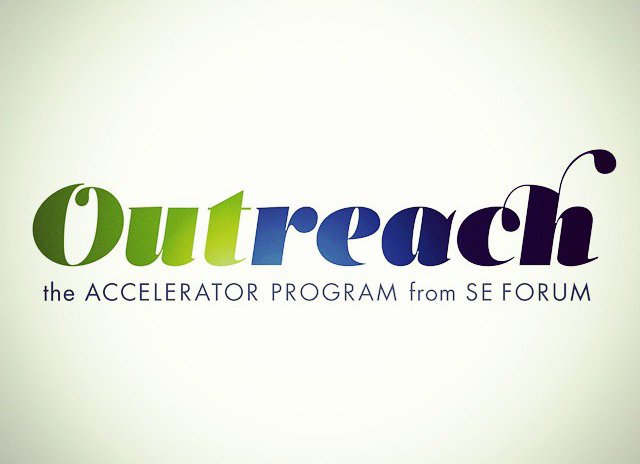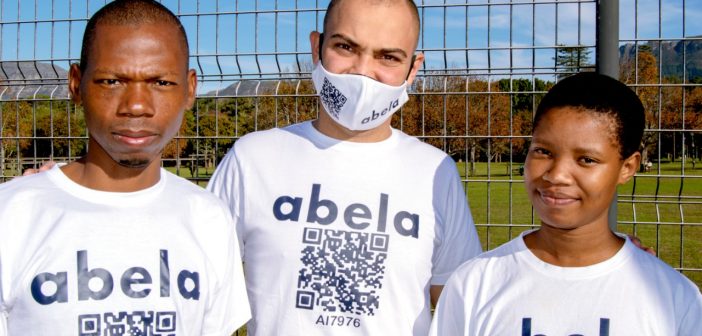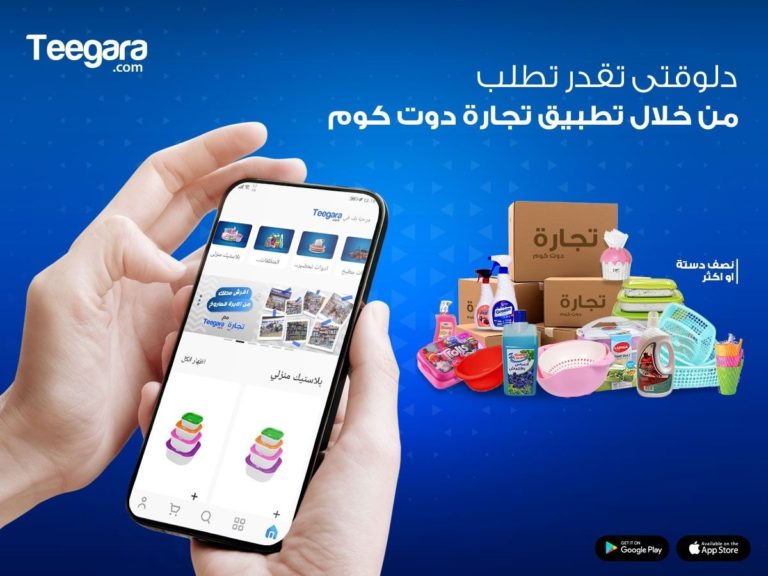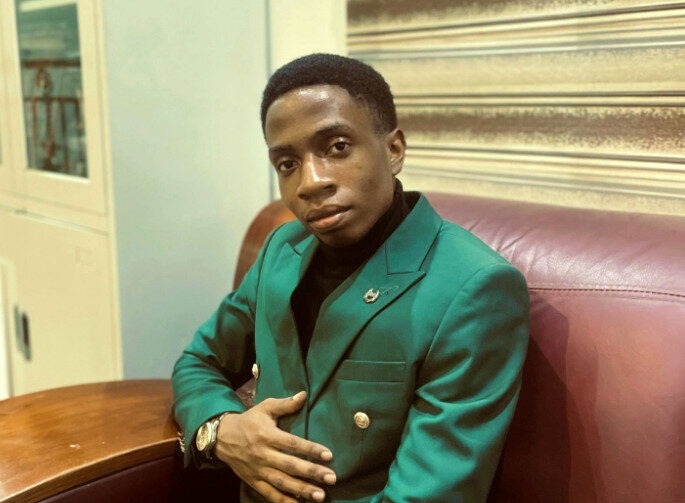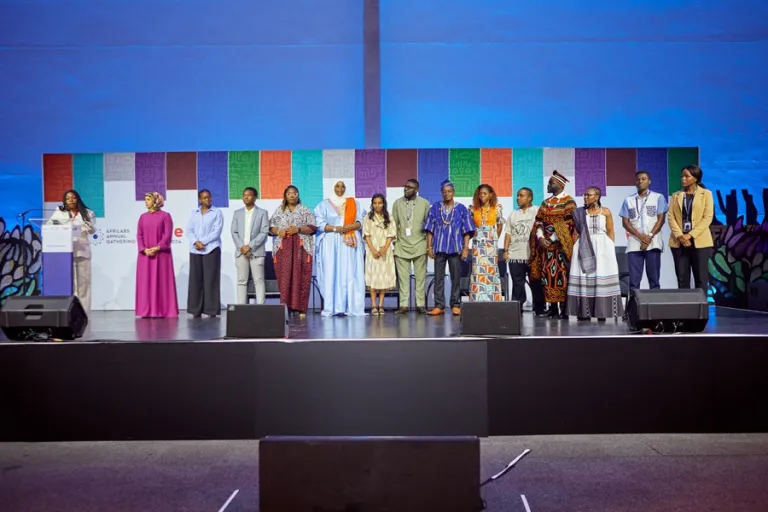Governing the Algorithm: How Yemi Akinrele Is Building Ethical AI for Africa’s Financial Future
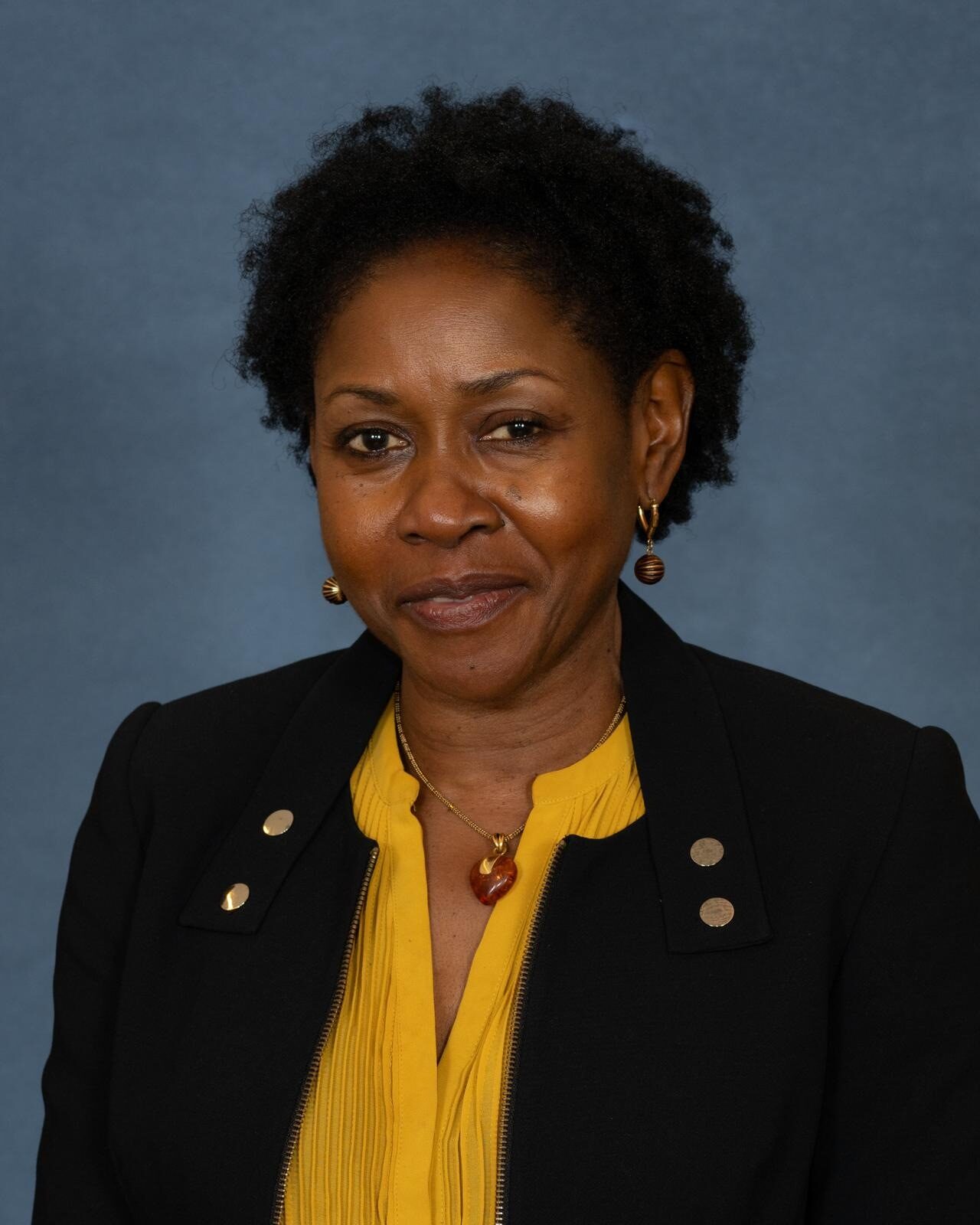
As artificial intelligence rapidly transforms global finance, a critical challenge has emerged: how to ensure these powerful systems operate fairly, transparently, and accountably. For innovator Yemi Akinrele, this question became urgent after years working in corporate banking and financial regulation. Witnessing firsthand how bias and data misuse could undermine digital trust, she dedicated herself to closing the ethical gap in AI adoption. Her response, pioneering AI governance frameworks that help financial institutions balance innovation with integrity, is now setting new standards for responsible technology across Africa.
In this exclusive conversation with Techtrends Africa, Oyeyemi Akinrele shares how her unique background in law, finance, and technology fuels her mission to ensure Africa’s digital growth remains both innovative and inclusive.
What Sparked This Innovation?
Yemi Akinrele, AI Governance Innovator: My journey began at the intersection of law, finance, and technology. After years in corporate banking and financial regulation, I saw firsthand how bias, data misuse, and weak governance could erode trust in digital systems. When AI began transforming global finance, I felt a deep responsibility to ensure innovation remained ethical, inclusive, and accountable. That inspired me to create AI governance frameworks that empower financial institutions to deploy AI responsibly, balancing profitability with fairness, transparency, and societal good.
What key challenge are you addressing, and who benefits most from your solution?
The core challenge is the ethical and regulatory gap in how artificial intelligence is adopted across financial systems. Many organizations struggle to align AI with privacy laws, fairness metrics, and risk controls. My frameworks close that gap by embedding governance protocols and bias-detection models directly into enterprise operations. The biggest beneficiaries are financial institutions, compliance teams, and ultimately ordinary citizens who rely on fair, transparent credit scoring, insurance, and digital financial services.
How Does Your Innovation Work?
My innovation integrates governance checkpoints throughout the AI lifecycle—from data ingestion to model deployment. It includes algorithmic fairness audits, explainability dashboards, and automated compliance alerts that flag potential ethical or regulatory breaches in real-time. The framework also provides a ‘Governance Scorecard’ that rates model performance not just by accuracy, but by transparency and fairness—encouraging teams to optimize for both impact and integrity.
What has been your biggest challenge building and scaling your innovation in Africa?
The greatest challenge has been aligning technical innovation with fragmented regulatory environments. Many African economies are still evolving comprehensive AI and data-protection frameworks, so translating global standards into local realities requires continuous advocacy and stakeholder education. Infrastructure and funding constraints can slow adoption, but the enthusiasm among young professionals and fintech startups gives me hope—it shows ethical innovation has a real future here.
How Is Your Innovation Making a Tangible Difference?
Across pilot projects, these frameworks have improved algorithmic fairness by up to 30%, reduced regulatory non-compliance risks, and fostered greater trust in AI-driven decisions. In Rwanda, I helped entrepreneurs integrate ethical practices into their digital business models. For African banks and fintechs, my solutions ensure that technology growth doesn’t come at the expense of consumer rights or social equity.
What Are Your Next Goals?
My next phase focuses on expanding collaboration with global AI-governance networks and U.S. security-linked organizations to strengthen regional compliance. I’m developing a pan-African governance playbook—a practical toolkit adaptable across borders—and planning to launch a U.S.-based consultancy dedicated to ethical AI in finance, connecting African innovators to global regulatory insights.
What Trends Will Shape Africa’s AI Ethics Landscape?
I see a convergence of AI, fintech, and data-sovereignty policies shaping Africa’s digital economy. Governments are recognizing that innovation must be built on trust. We’ll see a shift from ‘move fast and build’ to ‘build smart and govern.’ The innovators who embrace ethical frameworks early will define Africa’s global competitiveness in AI-driven industries.
What Advice Do You You Have for Aspiring African Innovators?
Innovation without ethics is short-lived. Build with empathy, test with integrity, and collaborate beyond your comfort zone. The most transformative ideas emerge when we blend local understanding with global standards. The world doesn’t just need technology—it needs trustworthy technology.
How Can Investors and Organizations Support You?
I welcome partnerships with investors, policy institutions, and organizations committed to responsible innovation. Collaboration opportunities include pilot testing governance frameworks, co-developing compliance technologies, and sponsoring educational programs that build Africa’s AI-ethics capacity. Interested partners can reach me at [email protected], through falegalconsultants.com/legal/our-team/, or via LinkedIn.
From boardrooms to algorithms, Yemi Akinrele is ensuring that Africa’s AI revolution is built on a foundation of trust and accountability. In an era of rapid technological change, her work proves that the most sustainable innovation is that which protects both progress and people.
Editor’s Note:
At Techtrends Africa, we believe innovations like Yemi’s remind us that Africa’s technological advancement must be guided by both excellence and ethics. Innovators who embed governance and inclusion into their work aren’t just creating solutions—they’re shaping a future where technology serves all of society fairly.
Have a story to share? Know an African innovator building with purpose? Pitch their story to [email protected] and let’s tell it to the world.


